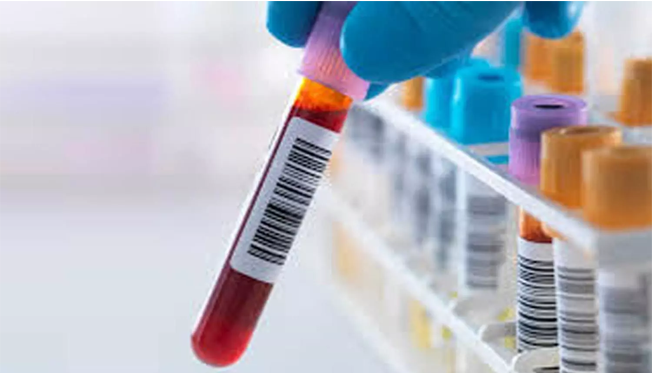HORMONE STUDIES

ROLE OF HORMONES IN FERTILITY
From stimulating the development of an egg, to ovulation and implantation of a fertilized egg in the uterus, Hormones control each and every aspect of your fertility and chances of conception. Each hormone that plays a role in conception must be produced in a specific amount and at a precise time in your menstrual cycle for pregnancy to occur. If the hormones that affect fertility are not produced in specific amounts and at specific times during the menstrual cycle, your chances of conceiving may be greatly inhibited.
WHAT DO HORMONE STUDIES MEASURE?
Hormonal studies measure the levels of certain hormones produced by the body during a menstrual cycle. If the clinical situation demands (as in having irregular menses, rapid weight gain, breast secretions, reduced ovarian reserve etc ), a person undergoing preliminary Infertility Workup may be ordered to have simple blood tests at various points in their menstrual cycle. The tests your doctor orders may help determine them in evaluating the cause of Infertility and hence identify the best treatment options.
Hormones Controlling Fertility
Hormones Controlling Ovulation and Implantation of an Egg are
- Estradiol – Stimulates the growth of the follicles and the production of fertile mucus from the cervix, and prepares the uterine lining for implantation of a fertilized egg.
- Follicle stimulating Hormone (FSH) – Stimulates the development of an ovum/egg.
- Luteinizing Hormone (LH) – Stimulates the release of the egg from the ovarian follicles i.e. helps in ovulation.
- Progesterone – Stabilizes the uterine lining for implantation of a fertilized egg and supports early pregnancy.
- Ante Mullerian Hormone (AMH) – An AMH test informs about the ovarian reserve or how many eggs are left in the ovary. Alone or in combination with other tests, it is also used as an indicator of fertility.
Hormones Interfering with Fertility
Other Hormones that can Interfere with Ovulation
- Androgens – Normally, small amounts of androgens – testosterone and DHEAS (dihydroepiandrosterone sulfate) – are produced in women. Excess production may interfere with development of the follicles, ovulation, and cervical mucus production.
- Prolactin – Stimulates milk production; blood levels may be higher than normal in certain disorders or if you are taking certain medications.
- Thyroid – An underactive thyroid gland (hypothyroidism) can result in the high prolactin levels.
